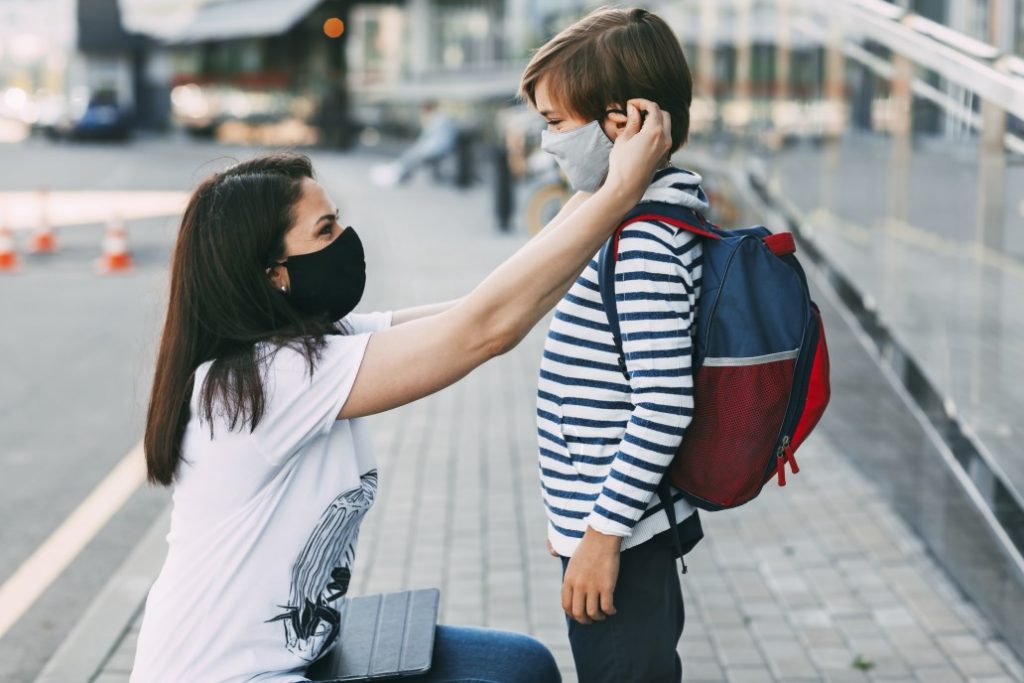Parents are less willing to shell out for education when there's a recession on and the schools keep being shut.
All across the UK, businesses of all types are struggling to bounce back from the huge economic hit caused by the coronavirus pandemic and lockdown. One sector whose future now seems much more precarious than it did last year is private education. One study thinks just under a third of independent schools could end up shutting their doors permanently in the next couple of years.
Private schools are facing two main challenges. The first is their cost (£17,000 a year on average, just over half the average British wage). Plenty of parents who could have afforded private school pre-pandemic are now facing financial pressures, from layoffs to business troubles to wage cuts. Considering everyone can access state education for free, private school fees are an obvious expense to cut for middle-class families looking to tighten their belt.
The second problem British private schools face is that they usually take in a lot of foreign pupils, and everything from parental concern about Covid exposure to new border restrictions is making cross-country schooling a much less appealing option. (Making this situation even worse is the fact that a large chunk of British private school pupils are Chinese, and China and the UK are having a bit of a political spat right now.)
Still, it’s not all doom and gloom for private schools. For parents who can still afford their services, they have a host of advantages to offer. Private schools tend to have more money and infrastructure with which to minimise Covid-related lesson disruption: by giving all students laptops for paperfree or online instruction, say, or using larger classrooms to properly socially distance desks. During lockdown, 72 percent of private secondary schools and 59 percent of private primary schools provided ‘live’ online lessons to their students. The figures for state schools were 6 and 3 percent.
Private schools say these features are getting them some new enquiries from parents worried about their kids falling behind if state education continues to be disrupted. So while the sector may shrink, it’s unlikely to disappear. It’s just likely to become even more the preserve of the richest in society, which in turn will amplify already existing concerns about how ‘fair’ such schooling is.
Read our explainer on: educational institutions.

